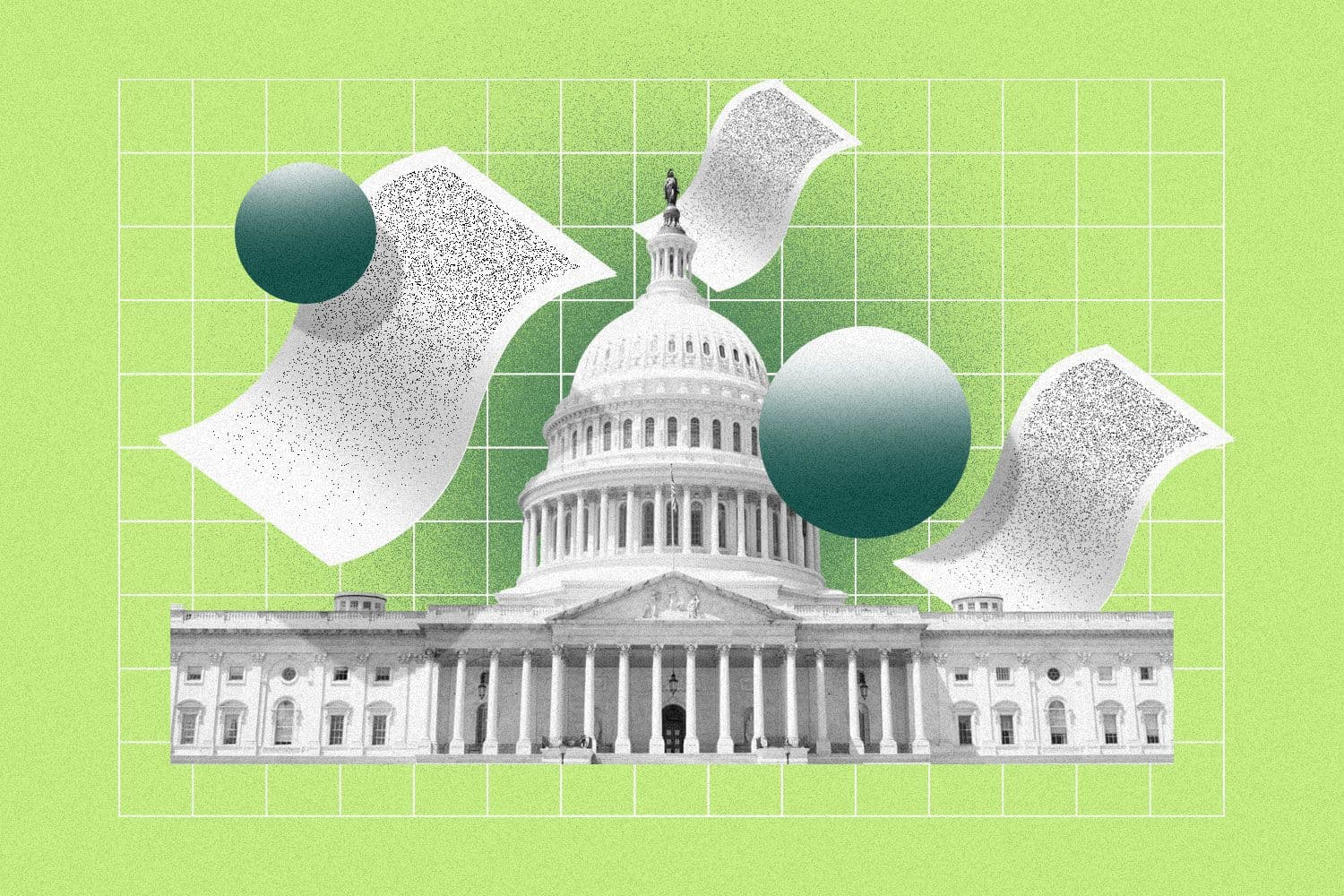Legislative lowdown: Chicago expands paid leave
Employees performing work in Chicago will be entitled to up to five days of paid time off for any reason starting Dec. 31, 2023.

Francis Scialabba
• 3 min read
Courtney Vinopal is a senior reporter for HR Brew covering total rewards and compliance.
The city of Chicago passed an ordinance on Nov. 9 that will double the amount of paid time-off workers receive annually, to 10 days.
Under the new policy, employees who perform at least two hours of work in a two-week period are entitled to up to five days of paid sick leave and five days of paid time-off each year. They may use paid time-off days for any reason.
Chicago workers are already entitled to five days of sick leave under a current ordinance. The new ordinance applies to any employee performing work within the city of Chicago, regardless of where their employer is located.
What Chicago employers should know. The new ordinance will take effect Dec. 31, 2023, and will likely require Chicago employers to change their policies before the end of the year, attorneys with law firm Littler wrote in a Nov. 14 post.
Employers must notify eligible employees of their right to paid time-off by posting notices in any facilities where they work. They will also be required to provide notice when an employee’s first paycheck is issued, and then each year thereafter within 30 days of July 1. Employers must also tell workers how much paid leave they have used, and accrued, each time they are paid.
Workers must accrue one hour of leave for every 35 hours they work, unless employers offer the required amount of leave upfront to employees, according to a briefing by attorneys with law firm Ogletree Deakins.
Quick-to-read HR news & insights
From recruiting and retention to company culture and the latest in HR tech, HR Brew delivers up-to-date industry news and tips to help HR pros stay nimble in today’s fast-changing business environment.
Every 12 months, employees will be able to carry over a maximum of 16 hours of paid leave, and 80 hours of paid sick leave, into the next year. Carryover of paid leave isn’t required if employers “front load” workers’ leave, offering them five days on the first day of employment.
Employers with 50 or fewer employees will not be required to pay out unused accrued paid leave to workers when they depart the company, an exemption that was carved out during Chicago City Council negotiations. Larger employers will be required to pay out unused accrued paid leave, even if they have an unlimited PTO policy.
Time off for any reason. A new paid leave law is set to take effect in Illinois on Jan. 1, 2024, though Chicago’s ordinance will supersede the state policy. The Illinois law similarly guarantees workers up to five days of paid leave each year for any reason.
Though more than a dozen states require employers to offer paid sick leave, according to tracking by KFF, just two—Maine and Nevada—require them to offer paid leave for any reason. Illinois is the third state to enact such a law.
Quick-to-read HR news & insights
From recruiting and retention to company culture and the latest in HR tech, HR Brew delivers up-to-date industry news and tips to help HR pros stay nimble in today’s fast-changing business environment.